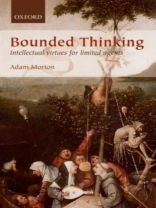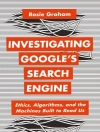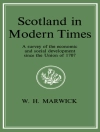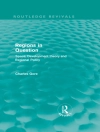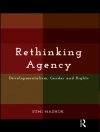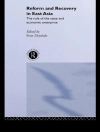Bounded Thinking offers a new account of the virtues of limitation management: intellectual virtues of adapting to the fact that we cannot solve many problems that we can easily describe. Adam Morton argues that we do give one another guidance on managing our limitations, but that this has to be in terms of virtues and not of rules, and in terms of success-knowledge and accomplishment-rather than rationality. He establishes a taxonomy of intellectualvirtues, which includes ‘paradoxical virtues’ that sound like vices, such as the virtue of ignoring evidence and the virtue of not thinking too hard. There are also virtues of not planning ahead, in that some forms of such planning require present knowledge of one’s future knowledge that is arguably impossible. Aperson’s best response to many problems depends not on the most rationally promising solution to solving them but on the most likely route to success given the profile of intellectual virtues that the person has and lacks. Morton illustrates his argument with discussions of several paradoxes and conundra. He closes the book with a discussion of intelligence and rationality, and argues that both have very limited usefulness in the evaluation of who will make progress on whichproblems.
Adam Morton
Bounded Thinking [PDF ebook]
Intellectual virtues for limited agents
Bounded Thinking [PDF ebook]
Intellectual virtues for limited agents
购买此电子书可免费获赠一本!
语言 英语 ● 格式 PDF ● ISBN 9780191633102 ● 出版者 OUP Oxford ● 发布时间 2012 ● 下载 6 时 ● 货币 EUR ● ID 2584523 ● 复制保护 Adobe DRM
需要具备DRM功能的电子书阅读器
